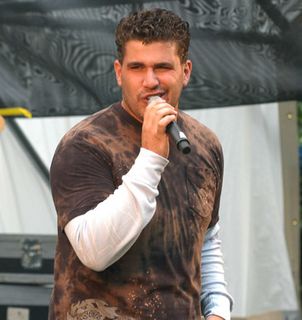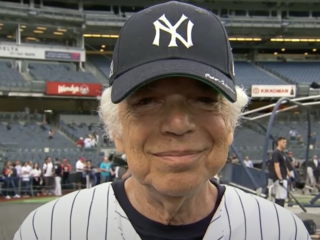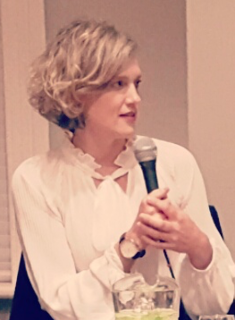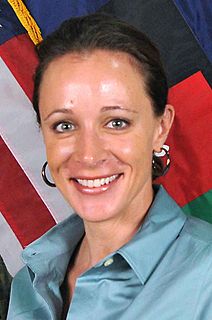A Quote by Megan Phelps-Roper
Because of the dynamics on the picket line all my life, I had these expectations of people. It was all the things that I had learned about outsiders from the time I was tiny, that they were evil, that if they were being nice to me they were trying to seduce me away from the truth.
Related Quotes
From the little reading I had done I had observed that the men who were most in life, who were molding life, who were life itself, ate little, slept little, owned little or nothing. They had no illusions about duty, or the perpetuation of their kith and kin, or the preservation of the State. They were interested in truth and in truth alone. They recognized only one kind of activity - creation.
People were standing up everywhere shouting, "This is me! This is me!" Every time you looked at them they stood up and told you who they were, and the truth of it was that they had no more idea who or what they were than he had. They believed their flashing signs, too. They ought to be standing up and shouting, "This isn't me! This isn't me!" They would if they had any decency. "This isn't me!" Then you might know how to proceed through the flashing bullshit of this world.
Now many things are beginning to come out and it was truly a reality to me when I went to Africa, to Guinea. The little things that had been taught to me about the African people, that they were "heathens," "savages," and they were just downright stupid people. But when I got to Guinea, we were greeted by the Government of Guinea, which is Black People - and we stayed at a place that was the government building, because we were the guests of the Government.
Sometimes people have sympathized with me because long years of my life were spent in jail and in exile. Well, those years ... were a mixed experience. I hated them because they separated me from the dearest thing in the world-the struggle of my people for rebirth. At the same time, they were a blessing because I had what is so rare in this world-the opportunity of thinking about basic issues, the opportunity of examining afresh the beliefs I held.
People give you a hard time about being a kid at twelve. They didn't want to give you Halloween candy anymore. They said things like, “If this were the Middle Ages, you'd be married and you'd own a farm with about a million chickens on it.” They were trying to kick you out of childhood. Once you were gone, there was no going back, so you had to hold on as long as you could.
I saw. I wanted to start my own store so people would know that what they were buying was real. There were bootlegs around at the time that had my name on the cover, but the music had nothing to do with me. I'm not trying to compare myself to [Jimmie] Hendrix, but back in the '70s, there were some Hendrix bootlegs.
By the time we got to Courageous, we were bringing in more outsiders, so any time we would bring in outsiders, we would offer to pay them, and [as for volunteers from] the church, because they were getting the benefit of the income to all the ministries of the church and the mission, the building program and all those things, they knew up-front that they were volunteering and gladly did so.
The strange thing about my life is that I came to America at about the time when racial attitudes were changing. This was a big help to me. Also, the people who were most cruel to me when I first came to America were black Americans. They made absolute fun of the way I talked, the way I dressed. I couldn't dance. The people who were most kind and loving to me were white people. So what can one make of that? Perhaps it was a coincidence that all the people who found me strange were black and all the people who didn't were white.
I remembered some people who lived across the street from our home as we were being taken away. When I was a teenager, I had many after-dinner conversations with my father about our internment. He told me that after we were taken away, they came to our house and took everything. We were literally stripped clean.






































